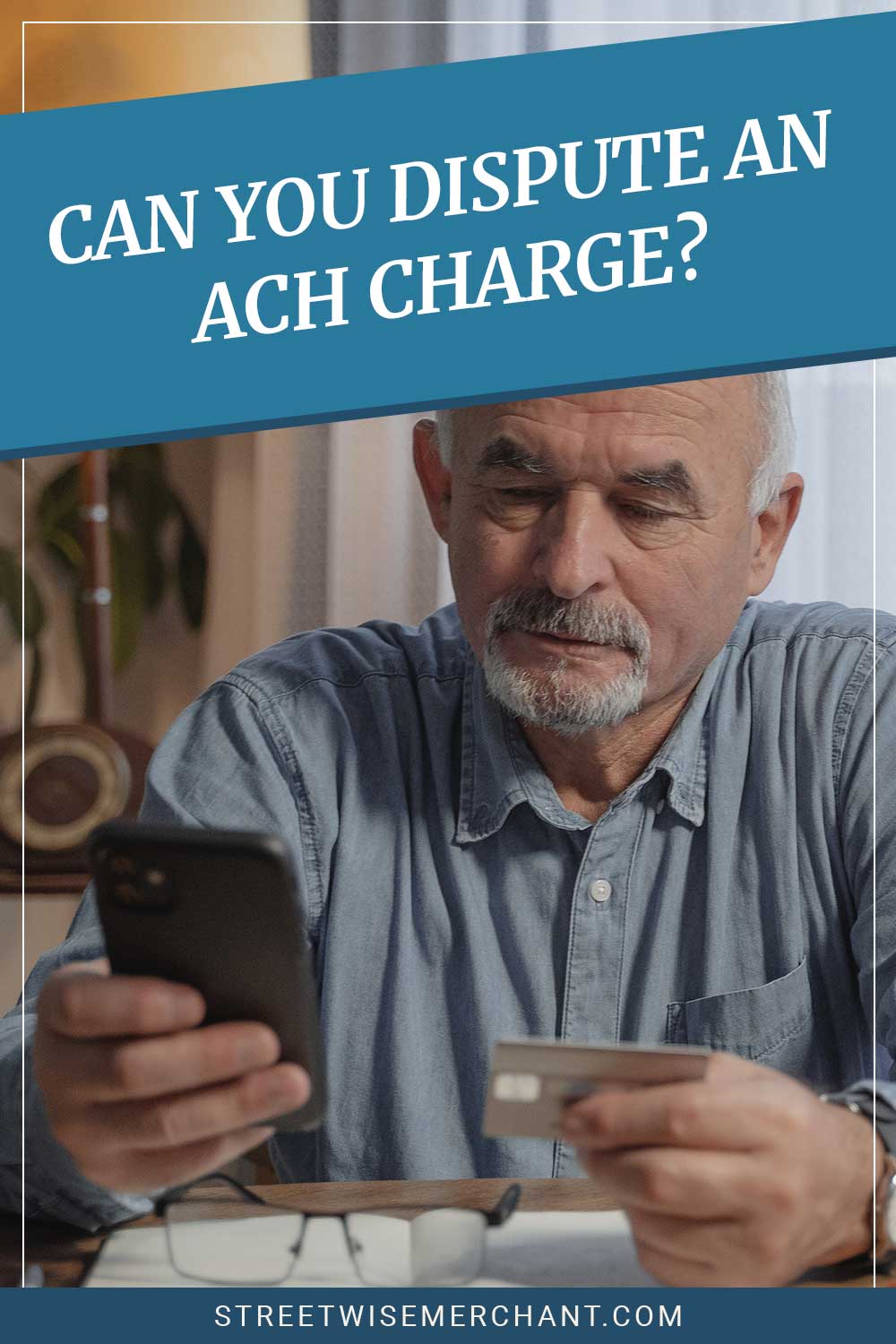An ACH transfer which involves money between banks using the Automated Clearing House network is a common method of transferring money. Although ACH debit transfers like bill payments and other payments are usually free, some banks can charge fees.
ACH credit transfers may also cost a fee of about $3 if you are transferring to a different bank. However, sometimes you may be charged ACH fees that you shouldn’t be paying. So is it possible to dispute ACH charges? Let’s find out now!
Can You Dispute ACH Charges?
The answer to this question depends on how you did the ACH charges. The rules and regulations will change according to your bank or if you use a third-party website or application.
However, in most cases, you can dispute ACH charges if you believe you have been wrongly charged or you didn’t authorize a specific payment. The specific reasons why you can dispute these charges and how really depend on who charged you these fees.
If you wish to find out if you are eligible to dispute ACH charges, you should either ask your bank or read the FAQs of your third-party transfer application.
How do You dispute an ACH charge?
If you wish to file a dispute, you will have to do some research on your specific bank’s or third-party application’s dispute system. If you conducted the transfer via a bank, you should start by calling them and letting them know you wish to file a dispute.
Most banks will either send you a form to fill out or will let you know where you can go to file a dispute. After signing the form, your dispute process will start.
If you are using a third-party application like PayPal, you will do the whole process online on your browser. This should be a simple process as all the steps will be clearly outlined. You can always contact customer service if you have any questions.
When can a customer file a dispute for an ACH charge?
There are a few situations where you can file a dispute for an ACH charge. First, if you never authorized the charging of these fees or you previously revoked this authorization, then this is a perfectly good reason to file a dispute.
Another situation that gives you the right to dispute charges is if the total amount of charges is different than what you have authorized. So, if you notice that you have been overcharged without warning, then you should file a dispute.
If you authorized a specific date for the transaction to take place and it was deposited before this date, then you should be able to dispute ACH charges.
These are three examples of reasons why you should be able to file a dispute, but these regulations can vary according to the banks or third-party applications used.
When Can You Not Dispute ACH Charges?
ACH charges can only be disputed if there is an issue with the date, amount, or other unplanned factors.
For example, if you have authorized an ACH charge of a specific amount on a specific date and the transfer took place correctly, then you can’t dispute an ACH charge.
Before you file a dispute, you should do some research or ask around at your bank to figure out if the issues you have qualify you for a dispute filing.
If you don’t notice anything suspicious and authorized everything that came out of your bank account, then there is no need to file an ACH dispute, and it will just be a waste of time.
How Long Does ACH Charge Disputing Last?
The disputing process length can vary and once again depends on where you file your claim. Some banks may take a few weeks, while others may take a few months.
The general disputing time is usually about 1-2 months, so keep this in mind when you are filing a dispute. It could, however, take more or less time. Again, it depends on multiple factors.
Check out the FAQs of your third-party money transfer application or ask your bank, and you should be able to find more specific information on this. But you shouldn’t expect it to take less than a week, so plan accordingly.
Final Thoughts on Disputing ACH Charges
If you notice an unauthorized or early ACH charge on your bank account, you shouldn’t panic just yet.
Filing a dispute is simple, and although it may take some time, if your charge is truly unauthorized, you will get your money back. All you have to do is consult your bank or third-party application website, and setting up the process shouldn’t be difficult.
